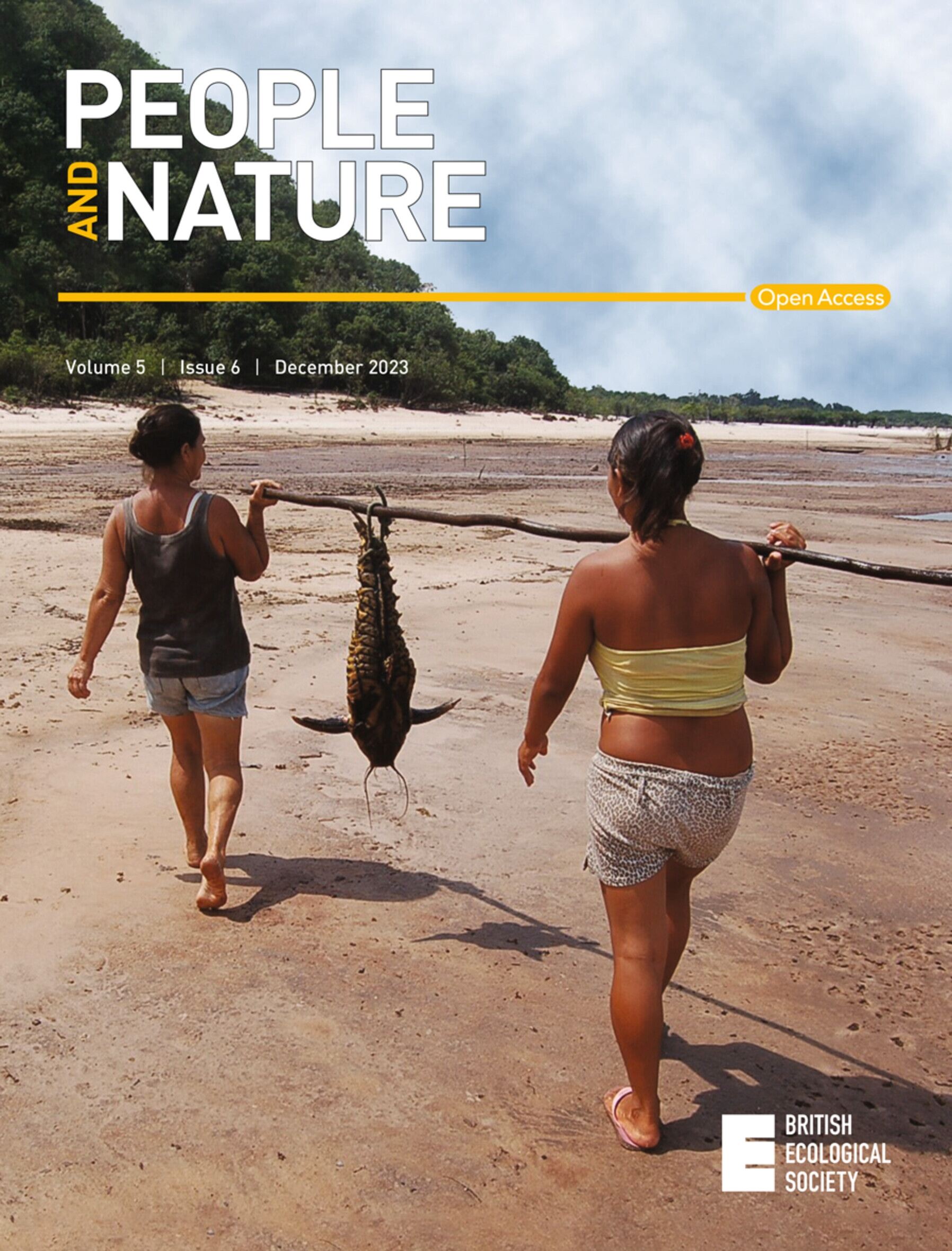Both frequency and diversity of childhood nature experiences are associated with self‐reported pro‐biodiversity behaviours in adulthood
IF 4.2
1区 环境科学与生态学
Q1 BIODIVERSITY CONSERVATION
引用次数: 0
Abstract
The ongoing degradation of Earth's ecosystems through human activities poses a severe threat to biodiversity. To mitigate this crisis, substantial changes in human behaviour are required. The frequency of nature experiences, particularly during childhood, has been established as a key predictor of actions that support biodiversity (hereafter, pro‐biodiversity behaviours). However, the significance of the quality of these experiences remains poorly understood. In this study, we analysed a large sample of Japanese adults and observed positive associations between both the frequency and diversity of nature experiences during childhood and increased pro‐biodiversity behaviours. These associations held true across a range of behaviours, including the purchase of eco‐friendly products, reduced use of pesticides in domestic gardens and contributions to conservation organisations. Our findings indicate that the association between pro‐biodiversity behaviours and the diversity of childhood nature experiences is comparable to that of the frequency of such experiences. These findings suggest that expanding people's access to diverse and frequent nature experiences can play a crucial role in promoting positive behavioural changes to prevent biodiversity loss. Read the free Plain Language Summary for this article on the Journal blog.童年自然体验的频率和多样性与成年后自我报告的亲生物多样性行为有关
人类活动导致地球生态系统不断退化,对生物多样性构成严重威胁。自然体验的频率,尤其是童年时期的自然体验,已被证实是预测支持生物多样性行为(以下简称 "支持生物多样性行为")的关键因素。在这项研究中,我们分析了大量日本成年人样本,发现童年时期自然体验的频率和多样性与支持生物多样性行为的增加之间存在正相关。我们的研究结果表明,支持生物多样性的行为与童年自然体验的多样性之间的关系与这种体验的频率之间的关系相当。这些研究结果表明,扩大人们获得多样化和频繁的自然体验的机会在促进积极的行为改变以防止生物多样性丧失方面可以发挥至关重要的作用。
本文章由计算机程序翻译,如有差异,请以英文原文为准。
求助全文
约1分钟内获得全文
求助全文

 求助内容:
求助内容: 应助结果提醒方式:
应助结果提醒方式:


